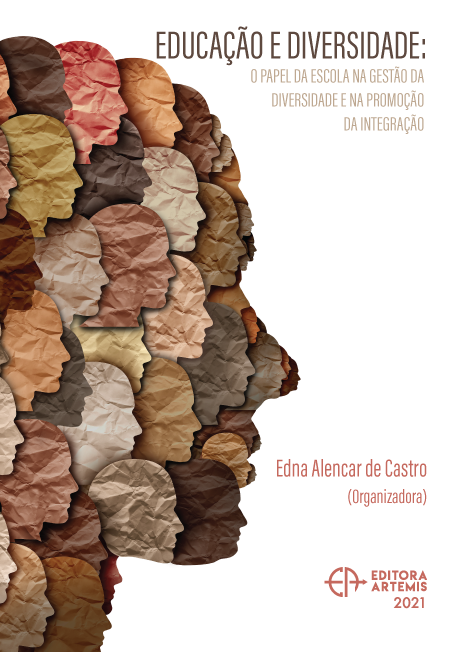
METODOLOGIA DECOLONIAL COMO POLÍTICA DE AÇÃO AFIRMATIVA PARA O ENSINO DE MÚSICA NO BRASIL
RESUMO: A educação na América Latina pode ser entendida como um amplo e complexo processo que precisa ser redimensionado por parâmetros definidores de questões como identidade, diversidade e cultura, tendo em vista as relações sociais e raciais manifestas, inseridas na construção de saberes emancipatórios que fazem parte do acontecer humano. No caso da educação musical no Brasil, a herança de tradição banto, deixada como legado se apresenta consistentemente na definição da identidade musical afro-brasileira e na preservação das formas de expressão musical de matriz africana com base nas representações culturais do passado. Sendo assim, identifica-se, nos ambientes de ensino, permanente ambigüidade reproduzida de maneira rígida e hierárquica na formação do indivíduo que precisa se deliberar por meio da reconstrução de sua identidade. O objetivo deste trabalho é apresentar a implementação de nossa Metodologia Decolonial de Inovação, específica para o ensino de música - desenvolvida há quinze anos na rede pública de ensino da cidade do Rio de Janeiro, Brasil -como política pública de ação afirmativa para a valorização da identidade afro-brasileira e cultura africana no processo de ensino de educação musical. Para tanto, transcorreremos sobre o processo de reabertura política, redemocratização do ensino e emancipação do conhecimento implementado pelo Movimento Negro com base no aparato legislativo constitucional do Brasil, dialogando com Gomes (2017) e Domingues (2007). Acerca do conceito de Decolonialidade abordaremos Candau (2014; 2010), Walsh (2007; 2009). Faremos articulação das questões raciais identitárias com o campo da sociologia da música com base em Green (1996).
METODOLOGIA DECOLONIAL COMO POLÍTICA DE AÇÃO AFIRMATIVA PARA O ENSINO DE MÚSICA NO BRASIL
-
DOI: 10.37572/EdArt_2504213238
-
Palavras-chave: Educação Musical; Rio de Janeiro (Brasil); Contemporaneidade; Metodologia Decolonial; Identidade Afro-brasileira.
-
Keywords: Musical Education; Rio de Janeiro (Brazil); Contemporaneity, Decolonial Methodology, Afro-brazilian Identity.
-
Abstract:
ABSTRACT: Education in Latin America can be understood as a wide and complex process that must be re-dimensioned by parameters that define questions such as identity, diversity, and culture in view of manifested social and racial relations in the construction of emancipatory knowledges that are part of the human action. When it comes to musical education in Brazil, the Banto traditionconsistently presents itself in the definition of the afro-Brazilian musical identity and in the preservation of the African matrix musical expression forms based on the cultural representations of the past. As such, a permanent ambiguity rigidly and hierarchically reproduced in the individual formation may be identified in the educational environment, that must be deliberated through the reconstruction of its identity. The object of this study is to present the implementation of the Innovational Decolonial Methodology specifically for the teaching of music as a public policy for the valorization of the afro-Brazilian identity, and the African culture in the teaching of music. As such, this study is concerned with the process of politicalre-democratization, as well as the teaching re-democratization, and the emancipation of knowledge implemented by Brazilian black activists based on the constitutional legislative apparatus in Brazil, as in Gomes (2017), and Domingues (2007). About the decolonializing concept, we approach Candau (2010; 2014), Walsh (2007; 2009). The articulation between social identity questions and the field of music sociology is based on Green (2008).
-
Número de páginas: 18
- Edna Alencar de Castro

